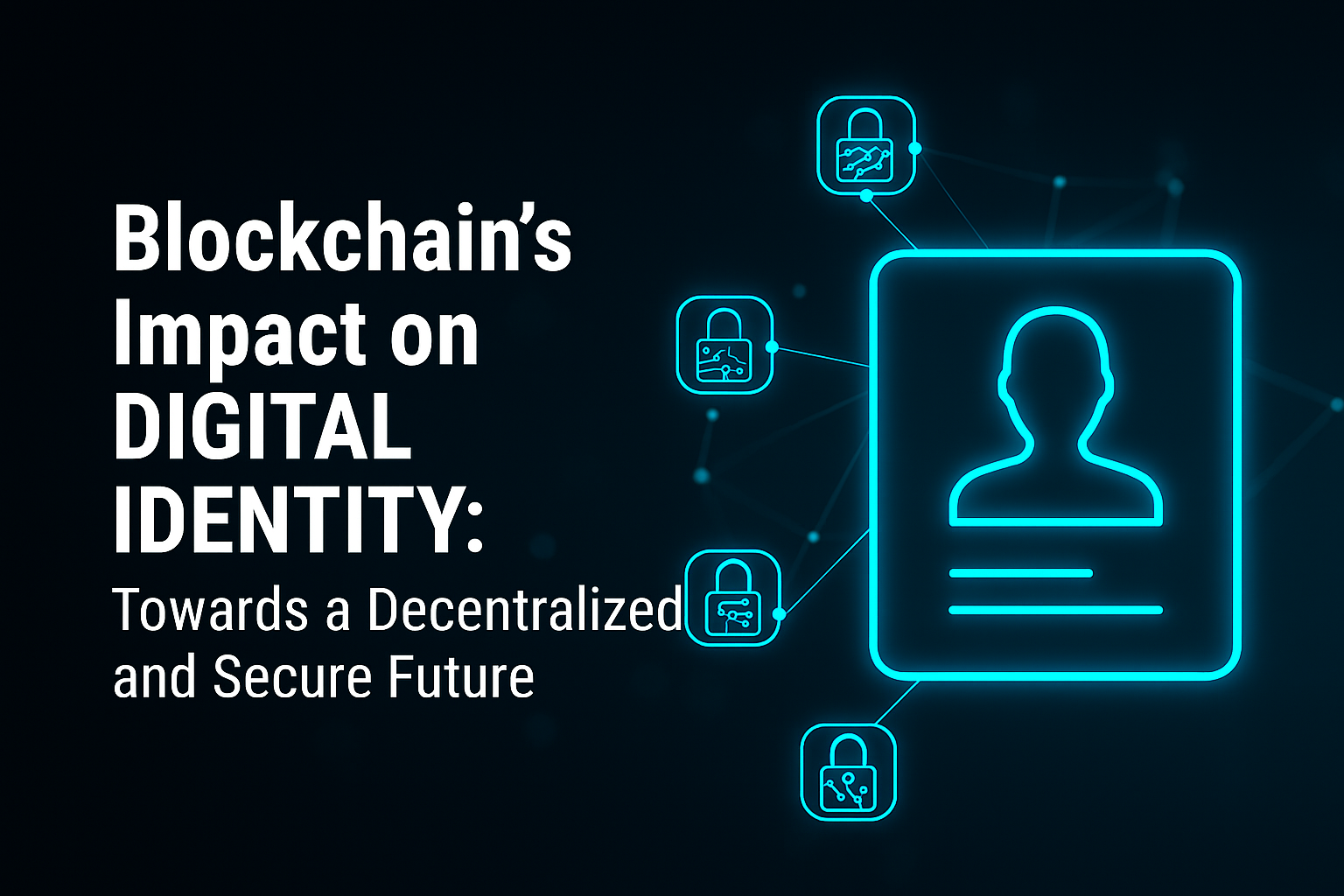In an increasingly digital world, the management and security of personal identity have become paramount, yet current centralized systems are prone to breaches, fraud, and lack of user control. This blog post explores the transformative potential of blockchain technology in revolutionizing digital identity, paving the way for a more secure, private, and user-centric future. We’ll begin by outlining the inherent flaws and vulnerabilities of traditional digital identity systems, which often rely on centralized authorities and expose users to significant privacy risks. The article will then introduce the core concepts of blockchain – decentralization, immutability, and cryptographic security – and explain how these properties make it an ideal foundation for self-sovereign identity (SSI). A significant portion of the post will be dedicated to detailing how blockchain enables SSI, where individuals have complete control over their personal data and can selectively disclose verifiable credentials without relying on a central intermediary. We’ll explain the role of decentralized identifiers (DIDs) and verifiable credentials (VCs) as the building blocks of this new paradigm, illustrating how users can prove aspects of their identity (e.g., age, educational qualification, professional license) without revealing unnecessary personal information. The benefits of blockchain-based digital identity are manifold, and the article will highlight enhanced security through cryptographic proof, improved privacy by minimizing data sharing, reduced fraud, streamlined verification processes for businesses, and greater user empowerment. We’ll explore practical applications across various sectors, including financial services (KYC/AML compliance), healthcare (secure patient records), education (verifiable degrees and certifications), and government services (digital citizenship). The blog will also address the challenges and complexities associated with widespread adoption of blockchain identity. These include regulatory hurdles, interoperability issues between different blockchain networks, the need for robust user-friendly interfaces, and the significant cultural shift required for both individuals and organizations to embrace this new model. We’ll discuss the ongoing efforts by various consortia and standards bodies to establish common protocols and frameworks for decentralized identity. Finally, we’ll offer a forward-looking perspective on the future of digital identity, envisioning a world where individuals own and manage their digital personas, interacting with online services with unprecedented levels of trust and control, and how blockchain is the key enabler of this paradigm shift.

